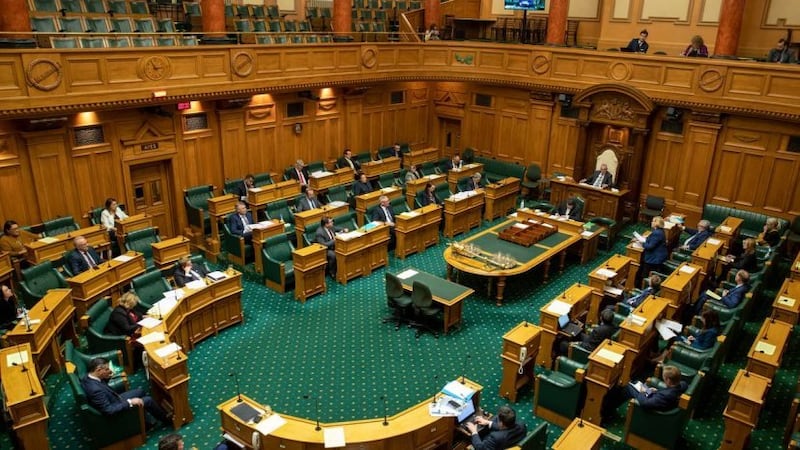50,000 Māori lost in the census ‘only serves one purpose’ according to Te Pāti Māori co-leader Rawiri Waititi ‘a Pākehā dominated system’. Photo / NZME / File
Te Pāti Māori co-leader Rawiri Waititi says he's angry but not surprised by the latest admission from Statistics New Zealand it may have undercounted the Māori population by about 50,000 people in the 2013 census, potentially costing a Māori seat in the 2014 and 2017 elections.
“This shows how flawed the system is - it's racist,” Waititi says.
“We don’t have faith in the system because it's a Pākehā one.”
Not just one census error
To ensure its botched 2018 census wasn't repeated, the Government Statistician commissioned a report into its failings.
During the investigation it was discovered the Māori population statistics at the 2013 census were probably off by 49,200 people, or 7.2 per cent of the population.
Whether "higher Māori descent census counts in 2013 would have enabled more Māori seats" (for the 2014 and 2017 elections), is an open question in the report.
"It is inconclusive as to whether there could have been one more Māori electoral seat in the 2014 and 2017 elections, as a result of Māori population under-estimation in 2013." Stats NZ social and populations insights general manager Sean Broughton told teaomaori.news.
Broughton says the reason the department can’t be certain is the data the body did collect is essentially so mangled they’re not sure if people were counted or not.
“[It] is due to the uncertainty of people being missed by the census versus those counted by the census but incorrectly attributed to Māori or non-Māori descent,” Broughton says.
Māori seats set on Stats NZ numbers
The Electoral Commission sets the number of Māori seats based on the Māori population statistics provided to it by Statistics New Zealand.
The number of seats go up or down based on which electoral roll Māori decide to vote on, be it the general or the Māori roll.
Māori electorate seats are a big issue for minor parties like Te Pāti Māori, because, if it fails to reach the 5 per cent threshold in vote numbers, its candidates can still make it to Parliament through electorate seats.
Te Pāti Māori came to Parliament via the electorate seat of Waiariki MP Rawiri Waititi in 2020 but, in 2017, the party didn’t make it in at all.
The loss of 50,000 Māori "only serves one purpose" according to Waititi "a Pākehā dominated system".
“This could have meant more Māori representation in Parliament to protect our interest but once again we have been failed once again by an archaic colonial system.”
Health funding also at stake
The Stats NZ report speculates the miscount might not have just affected political representation but also funding for health and schools.
“[It] could also have impacted policy and other decisions - such as the allocation of funding between district health boards," the report says.
Asked if it was likely the accurate data could be recovered or ever existed in the first place, Stats NZ says it is looking to fix things in future counts.
“We're building on the lessons learned of past censuses to ensure that everyone is included and fairly represented in the 2023 Census,” Broughton said.
After the latest blunder, Stats NZ can’t be trusted to count Māori accurately according to Waititi. He says Māori should be doing it.
“Data sovereignty is important, Māori must own our data to serve our aspirations and desires, not for the benefit of Pākehā.”


